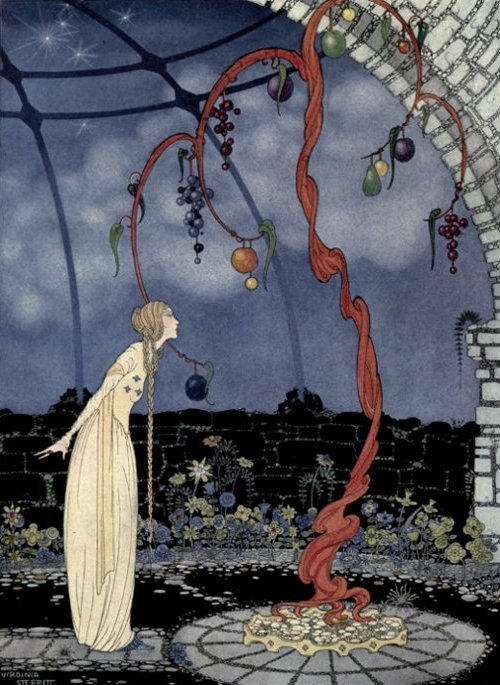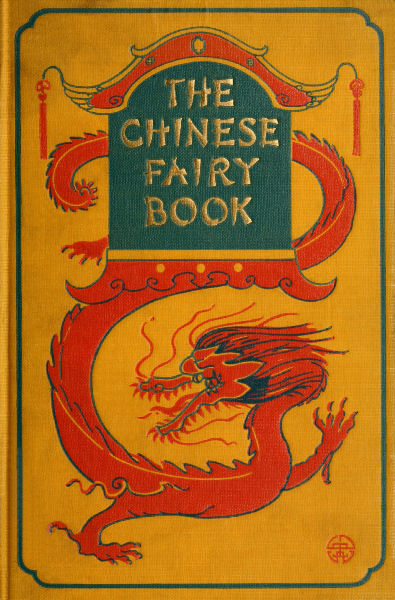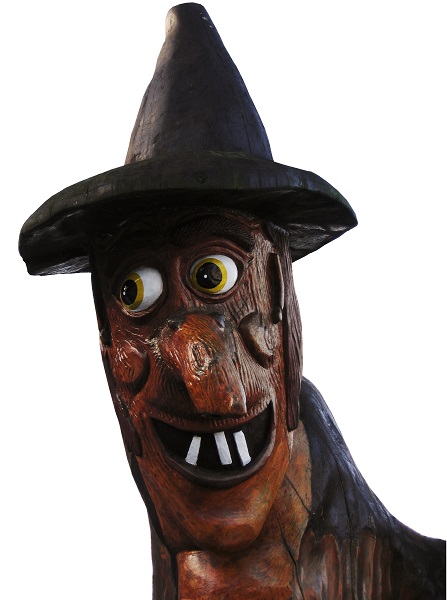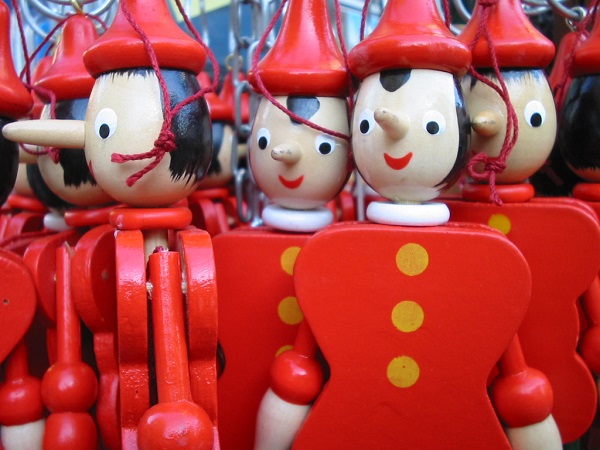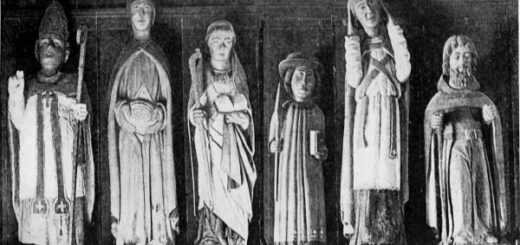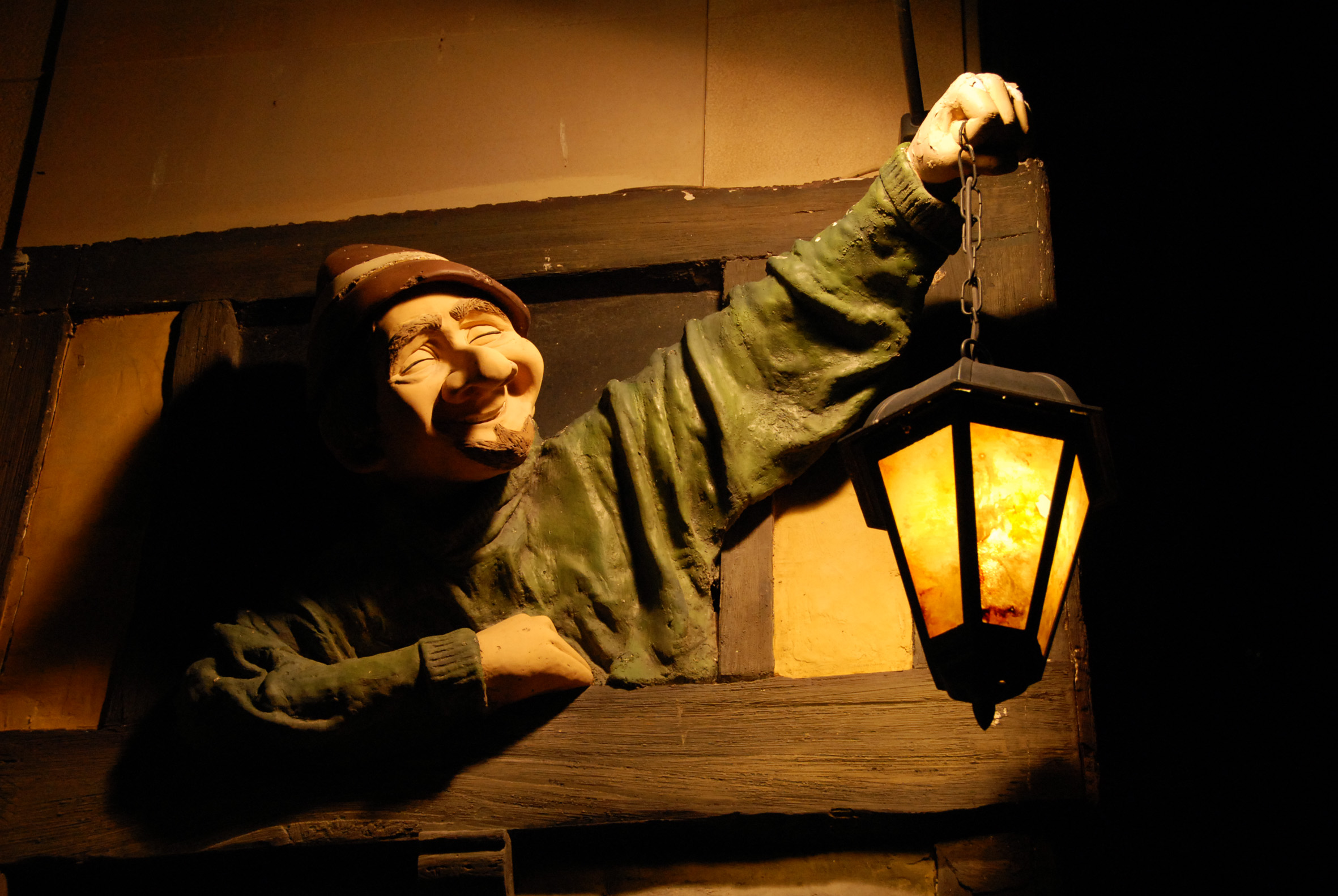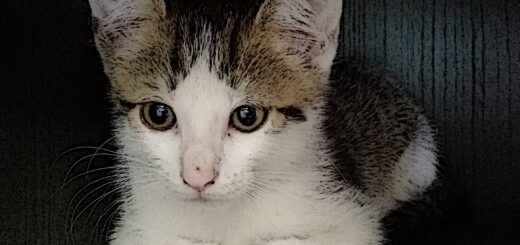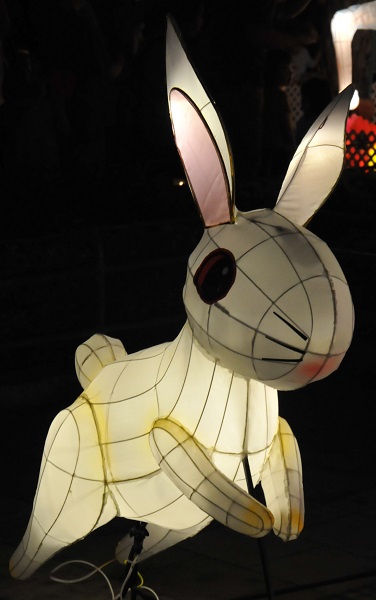PERUONTO (Stories from Pentamerone, 1637) by Giambattista Basile
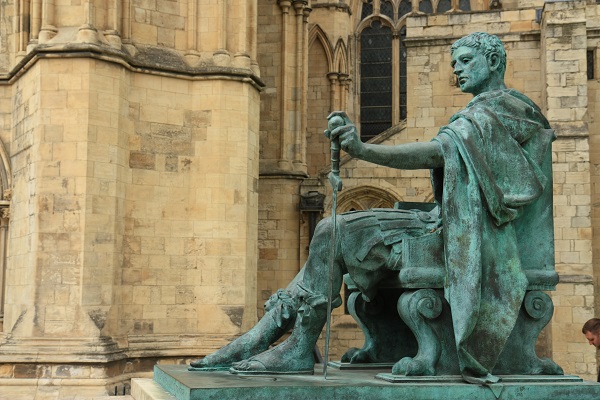
A good deed is never lost. He who sows courtesy reaps benefit; and he who gathers kindness gathers love. Pleasure bestowed on a grateful mind was never barren, but always brings a good recompense; and that is the moral of the story I am going to tell you.
Once upon a time a woman who lived in a village, and was called Ceccarella, had a son named Peruonto, who was one of the most stupid lads that ever was born. This made his mother very unhappy, and all day long she would grieve because of this great misfortune. For whether she asked him kindly, or stormed at him till her throat was dry, the foolish fellow would not stir to do the slightest hand’s turn for her. At last, after a thousand dinnings at his brain, and a thousand splittings of his head, and saying “I tell you” and “I told you” day after day, she got him to go to the wood for a faggot, saying, “Come now, it is time for us to get a morsel to eat, so run off for some sticks, and don’t forget yourself on the way, but come back as quick as you can, and we will boil ourselves some cabbage, to keep the life in us.”
Away went the stupid Peruonto, hanging down his head as if he was going to gaol. Away he went, walking as if he were a jackdaw, or treading on eggs, counting his steps, at the pace of a snail’s gallop, and making all sorts of zigzags and excursions on his way to the wood, to come there after the fashion of a raven. And when he reached the middle of a plain, through which ran a river growling and murmuring at the bad manners of the stones that were stopping its way, he saw three youths who had made themselves a bed of grass and a pillow of a great flint stone, and were lying sound asleep under the blaze of the Sun, who was shooting his rays down on them point blank. When Peruonto saw these poor creatures, looking as if they were in the midst of a fountain of fire, he felt pity for them, and cutting some branches of oak, he made a handsome arbour over them. Meanwhile, the youths, who were the sons of a fairy, awoke, and, seeing the kindness and courtesy of Peruonto, they gave him a charm, that every thing he asked for should be done.
Peruonto, having performed this good action, went his ways towards the wood, where he made up such an enormous faggot that it would have needed an engine to draw it; and, seeing that he could not in any way get in on his back, he set himself astride of it and cried, “Oh, what a lucky fellow I should be if this faggot would carry me riding a-horseback!” And the word was hardly out of his mouth when the faggot began to trot and gallop like a great horse, and when it came in front of the King’s palace it pranced and capered and curvetted in a way that would amaze you. The ladies who were standing at one of the windows, on seeing such a wonderful sight, ran to call Vastolla, the daughter of the King, who, going to the window and observing the caracoles of a faggot and the bounds of a bundle of wood, burst out a-laughing—a thing which, owing to a natural melancholy, she never remembered to have done before. Peruonto raised his head, and, seeing that it was at him that they were laughing, exclaimed, “Oh, Vastolla, I wish that I could be your husband and I would soon cure you of laughing at me!” And so saying, he struck his heels into the faggot, and in a dashing gallop he was quickly at home, with such a train of little boys at his heels that if his mother had not been quick to shut the door they would soon have killed him with the stones and sticks with which they pelted him.
Now came the question of marrying Vastolla to some great prince, and her father invited all he knew to come and visit him and pay their respects to the Princess. But she refused to have anything to say to either of them, and only answered, “I will marry none but the young man who rode on the faggot.” So that the King got more and more angry with every refusal, and at last he was quite unable to contain himself any longer, and called his Council together and said, “You know by this time how my honour has been shamed, and that my daughter has acted in such a manner that all the chronicles will tell the story against me, so now speak and advise me. I say that she is unworthy to live, seeing that she has brought me into such discredit, and I wish to put her altogether out of the world before she does more mischief.” The Councillors, who had in their time learned much wisdom, said, “Of a truth she deserves to be severely punished. But, after all, it is this audacious scoundrel who has give you the annoyance, and it is not right that he should escape through the meshes of the net. Let us wait, then, till he comes to light, and we discover the root of this disgrace, and then we will think it over and resolve what were best to be done.” This counsel pleased the King, for he saw that they spoke like sensible, prudent men, so he held his hand and said, “Let us wait and see the end of this business.”
So then the King made a great banquet, and invited every one of his nobles and all the gentlemen in his kingdom to come to it, and set Vastolla at the high table at the top of the hall, for, he said, “No common man can have done this, and when she recognises the fellow we shall see her eyes turn to him, and we will instantly lay hold on him and put him out of the way.” But when the feasting was done, and all the guests passed out in a line, Vastolla took no more notice of them than Alexander’s bull-dog did of the rabbits; and the King grew more angry than ever, and vowed that he would kill her without more delay. Again, however, the Councillors pacified him and said, “Softly, softly, your Majesty! quiet your wrath. Let us make another banquet to-morrow, not for people of condition but for the lower sort. Some women always attach themselves to the worst, and we shall find among the cutlers, and bead-makers, and comb-sellers, the root of your anger, which we have not discovered among the cavaliers.”
This reasoning took the fancy of the King, and he ordered a second banquet to be prepared, to which, on proclamation being made, came all the riff-raff and rag-tag and bob-tail of the city, such as rogues, scavengers, tinkers, pedlars, sweeps, beggars, and such like rabble, who were all in high glee; and, taking their seats like noblemen at a great long table, they began to feast and gobble away.
Now, when Ceccarella heard this proclamation, she began to urge Peruonto to go there too, until at last she got him to set out for the feast. And scarcely had he arrived there when Vastolla cried out without thinking, “That is my Knight of the Faggot.” When the King heard this he tore his beard, seeing that the bean of the cake, the prize in the lottery, had fallen to an ugly lout, the very sight of whom he could not endure, with a shaggy head, owl’s eyes, a parrot’s nose, a deer’s mouth, and legs bare and bandy. Then, heaving a deep sigh, he said, “What can that jade of a daughter of mine have seen to make her take a fancy to this ogre, or strike up a dance with this hairy-foot? Ah, vile, false creature, who has cast so base a spell on her? But why do we wait? Let her suffer the punishment she deserves; let her undergo the penalty that shall be decreed by you, and take her from my presence, for I cannot bear to look longer upon her.”
Then the Councillors consulted together and they resolved that she, as well as the evil-doer, should be shut up in a cask and thrown into the sea; so that without staining the King’s hands with the blood of one of his family, they should carry out the sentence. No sooner was the judgment pronounced, than the cask was brought and both were put into it; but before they coopered it up, some of Vastolla’s ladies, crying and sobbing as if their hearts would break, put into it a basket of raisins and dried figs that she might have wherewithal to live on for a little while. And when the cask was closed up, it was flung into the sea, on which it went floating as the wind drove it.
Meanwhile Vastolla, weeping till her eyes ran like two rivers, said to Peruonto, “What a sad misfortune is this of ours! Oh, if I but knew who has played me this trick, to have me caged in this dungeon! Alas, alas, to find myself in this plight without knowing how. Tell me, tell me, O cruel man, what incantation was it you made, and what spell did you employ, to bring me within the circle of this cask?” Peruonto, who had been for some time paying little attention to her, at last said, “If you want me to tell you, you must give me some figs and raisins.” So Vastolla, to draw the secret out of him, gave him a handful of both; and as soon as he had eaten them he told her truly all that had befallen him, with the three youths, and with the faggot, and with herself at the window: which, when the poor lady heard, she took heart and said to Peruonto, “My friend, shall we then let our lives run out in a cask? Why don’t you cause this tub to be changed into a fine ship and run into some good harbour to escape this danger?” And Peruonto replied—
“If you would have me say the spell,
With figs and raisins feed me well!”
So Vastolla, to make him open his mouth, filled it with fruit; and so she fished the words out of him. And lo! as soon as Peruonto had said what she desired, the cask was turned into a beautiful ship; with sails and sailors and everything that could be wished for; and guns and trumpets and a splendid cabin in which Vastolla sat filled with delight.
It being now the hour when the Moon begins to play at see-saw with the Sun, Vastolla said to Peruonto, “My fine lad, now make this ship to be changed into a palace, for then we shall be more secure; you know the saying, “Praise the Sea, but keep to the Land.” And Peruonto replied—
“If you would have me say the spell,
With figs and raisins feed me well!”
So Vastolla, at once, fed him again, and Peruonto, swallowing down the raisins and figs, did her pleasure; and immediately the ship came to land and was changed into a beautiful palace, fitted up in a most sumptuous manner, and so full of furniture and curtains and hangings that there was nothing more to ask for. So that Vastolla, who a little before would not have set the price of a farthing on her life, did not now wish to change places with the greatest lady in the world, seeing herself served and treated like a queen. Then to put the seal on all her good fortune, she besought Peruonto to obtain grace to become handsome and polished in his manner, that they might live happy together; for though the proverb says, “Better to have a pig for a husband, than a smile from an emperor,” still, if his appearance were changed, she should think herself the happiest woman in the universe. And Peruonto replied as before—
“If you would have me say the spell,
With figs and raisins feed me well!”
Then Vastolla quickly opened his lips, and scarcely had he spoken the words when he was changed, as it were from an owl to a nightingale, from an ogre to a beautiful youth, from a scarecrow to a fine gentleman. Vastolla, seeing such a transformation clasped him in her arms and was almost beside herself with joy. Then they were married and lived happily for years.
Meanwhile the King grew old and very sad, so that, one day, the courtiers persuaded him to go a-hunting to cheer him up. Night overtook him, and, seeing a light in a palace, he sent a servant to know if he could be entertained there; and he was answered that everything was at his disposal. So the King went to the palace and passing into a great guest-chamber he saw no living soul, but two little boys, who skipped around him crying, “Welcome, welcome!” The King, surprised and astonished, stood like one that was enchanted, and sitting down to rest himself at a table, to his amazement he saw invisibly spread on it a Flanders tablecloth, with dishes full of roast meats and all sorts of viands; so that, in truth, he feasted like a King, waited on by those beautiful children, and all the while he sat at table a concert of lutes and tambourines never ceased—such delicious music that it went to the tips of his fingers and toes. When he had done eating, a bed suddenly appeared all made of gold, and having his boots taken off, he went to rest and all his courtiers did the same, after having fed heartily at a hundred tables, which were laid out in the other rooms.
When morning came, the King wished to thank the two little children, but with them appeared Vastolla and her husband; and casting herself at his feet she asked his pardon and related the whole story. The King, seeing that he had found two grandsons who were two jewels and a son-in-law who was a fairy, embraced first one and then the other; and taking up the children in his arms, they all returned to the city where there was a great festival that lasted many days.
If you liked this story, leave me a comment down below. Join our Facebook community. And don’t forget to Subscribe!
You might also enjoy other stories by Giambattiste Basile.
